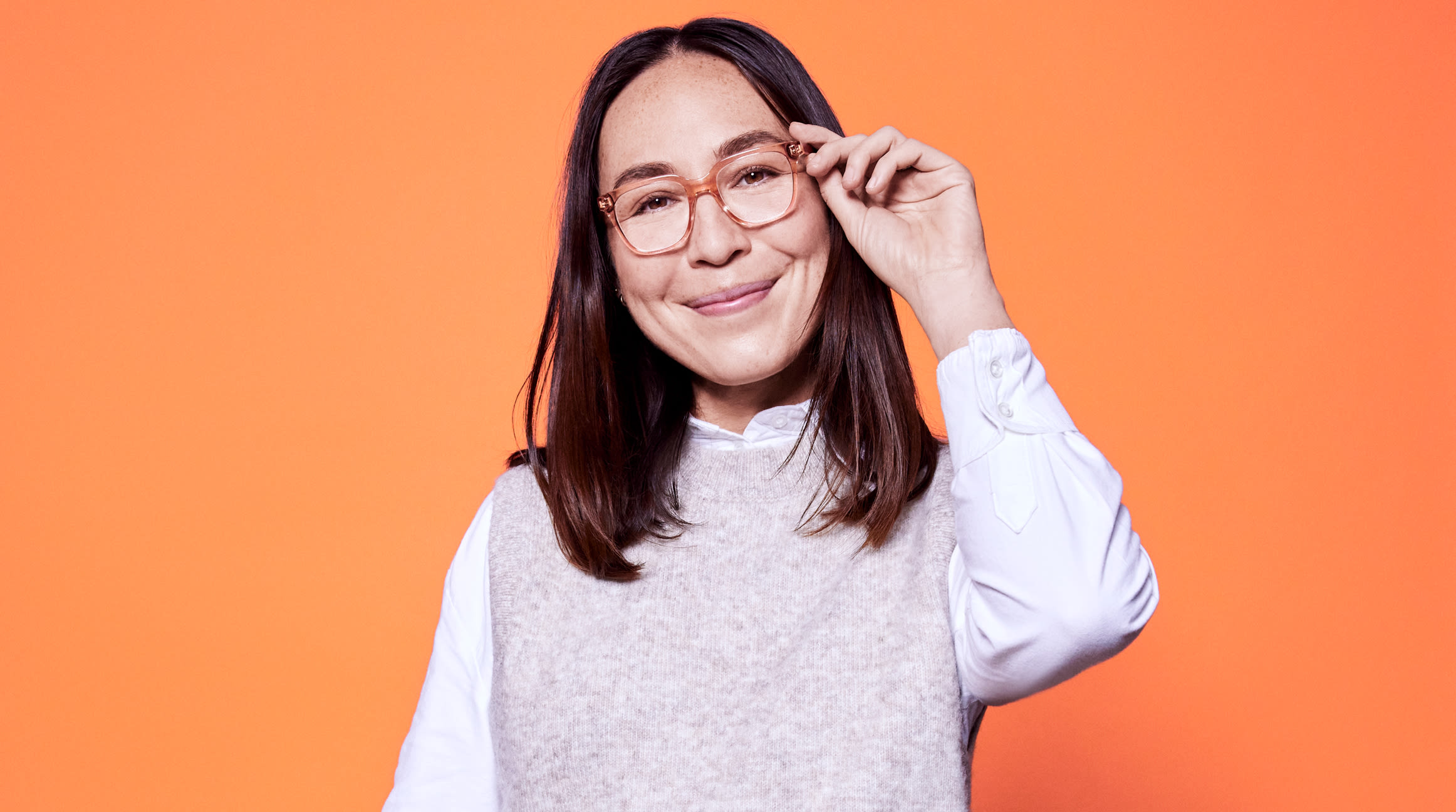10 Best Foods for Boosting Eye Health and Vision

You’re probably very aware that eating a well-balanced diet of nutrient-rich foods is helpful for keeping you healthy and active. But did you know that some foods are specifically good for your eyes?
There is a lot of information available about how the foods you consume can affect certain medical conditions like diabetes and heart disease. Your doctor’s office offers pamphlets. Health fairs offer free checkups and exams of key markers. You may feel inundated with information about these high-risk diseases. But your eyes are at risk too. Just like changing your diet can help reduce the risk of developing heart conditions, stroke, and diabetes, you can choose foods good for eyesight too.
Your risk of developing serious eye conditions as you age can be reduced by eating specific foods good for eye health. A healthy diet may be able to help prevent cataracts, age-related macular degeneration, dry eyes, poor night vision, and glaucoma. Alongside regular optometrist appointments and eyeglass and/or contact lens usage, diet is an important part of comprehensive eye care.
Your primary care doctor or nutritionist may have discussed how eating an antioxidant-rich diet can help keep your body healthy. But highly nutritious foods loaded with antioxidants and essential vitamins and minerals can also help boost eye health. Eating a well-rounded, balanced diet that includes a variety of proteins, healthy whole grains, dairy, and plenty of fruits and vegetables is essential. It’s equally important to limit your consumption of processed foods, sugary desserts, and foods high in saturated fats.
These are guidelines to help you be the healthiest version of yourself. Eating a well-balanced diet is also important for maintaining your eye health and vision.
How Nutrition Affects Eye Health
The body needs nutrients to help maintain healthy eyes. Numerous nutrients help support eye function and help protect the eyes from harmful light. The protection provided by nutritious foods can also be beneficial for helping reduce the risk of eye diseases that can put your vision in danger. Consuming specific vitamins and minerals found in fruits, vegetables, and some supplements can help slow or prevent age-related eye disease. Your eyes are the most important sensory organ and consuming the right foods can help protect them.
Nutrients play a key role in eye health. They help protect the eyes from oxidative damage that can be caused by free radicals. Foods that contain anti-inflammatory properties help protect the eyes by reducing the risks of developing eye disease.
Eating foods rich in vitamins C and E, lutein, omega-3 fatty acids, and beta-carotene are essential for healthy eyes. Antioxidant-rich foods for eye health include citrus fruits, oily fish, and green leafy vegetables. These types of food ensure you get the nutrients necessary for maintaining proper vision and eye health.
What Vitamins in Food Promote Healthy Eyes?
The foods you eat not only fuel your body, they also provide health benefits for your eyes as well. The American Academy of Ophthalmology suggests that consuming a nutrient-rich diet can help reduce risks of specific eye health issues, especially those that tend to occur later in life, such as cataracts and macular degeneration. But what vitamins do you need to maintain eye health? Here are six key vitamins essential for healthy eyes.
Vitamin A
Foods good for eyesight contain plenty of vitamin A. This vitamin is a component of rhodopsin, a protein that helps the eyes see in low-light environments. Vitamin A offers support for the cornea and helps keep the eyes well-lubricated. The main source of vitamin A is beta-carotene. This plant pigment (carotenoid) is found in brightly colored fruits and vegetables, such as carrots, sweet potatoes, red pepper, and squash. When you eat carotenoids, the body converts the pigments to vitamin A.
Vitamin C
Just like vitamin E, vitamin C contains powerful antioxidant properties useful for protecting the eyes from free radicals. The body needs vitamin C to make collagen, which is a protein that provides the eyes with structure, especially the sclera and cornea.
Vitamin E
Vitamin E in the alpha-tocopherol form contains powerful antioxidant properties. Antioxidants help fight free radicals, which damage bodily tissues. Free radicals can also damage protein inside the eyes, which leads to cloudy areas, or cataracts. Vitamin E is helpful for reducing the risk of cataracts.
B Vitamins
Vitamins B6, B9, and B12 consumed together can help lower the body’s homocysteine protein, which is associated with inflammation and age-related macular degeneration (AMD).
Lutein and Zeaxanthin
Lutein and zeaxanthin belong to the carotenoid family. This group of compounds is synthesized by plants. These two carotenoids are also found in the eye’s retina and macula. They help the eyes filter out harmful blue light to prevent damage. The body only needs about 6 mg of these two carotenoids to provide eye health benefits. By including fruits and vegetables like kale, spinach, and other leafy greens in your diet, you’ll be able to get plenty of lutein and zeaxanthin.
Zinc
This trace mineral is responsible for transporting vitamin A from the liver to the eyes, where it helps protect the eyes. Once vitamin A reaches the eyes, it helps produce melanin, which is a pigment that protects the eye.
Essential Fatty Acids
The “good” fats you eat play a role in optimizing the function of the central nervous system and fuel cells throughout the body. Two omega-3 fatty acids, DHA (docosahexaenoic) and EPA (eicosatetraenoic acid), are essential for developing and maintaining proper retinal and eye function.
Foods That Improve Eye Health
It’s important to make sure your eyes get all the nutrients they need. To get these nutrients, your best course of action is to eat plenty of healthy foods. Eating a wide range of foods helps ensure you get all the vitamins, nutrients, and minerals your eyes need to maintain good ocular health.
Try to eat a well-balanced diet that includes proteins, healthy fats, whole grains, and a variety of colorful fruits and vegetables. Incorporate foods of many different colors into your daily regimen to ensure you get a broad range of nutrients. But you also want to make sure you include foods that offer specific benefits for your eyes, here are the 10 best foods for eye health and vision.
Carrots
Carrots have long been touted to be good for the eyes. Your mom probably told you this to encourage you to eat these orange colored nutrient-rich roots when you were a kid. They are loaded with beta-carotene and vitamin A. Their orange color, like that of the sweet potato, is a great hint that they are loaded with vitamins that are great for ocular health.
Nuts & Seeds
Different types of nuts, such as walnuts and cashews, vary in their nutrient content, but most of them are powerhouses when it comes to providing nutrients. Most types of nuts have a high protein content and plenty of fiber and essential fatty acids. A few nuts like hazelnuts and almonds are also rich in vitamin E. Seeds, such as sunflower seeds, are also a rich source of fatty acids. For people who do not like to eat fish, chia seeds, flax seeds, and hemp seeds are a great source of omega-3s.
Eggs
Eating eggs can be beneficial for ocular health. They are a good source of Vitamins C and E, as well as lutein. Eggs also contain zeaxanthin, a carotenoid. Their unique combination of nutrients is optimal for combatting or preventing macular degeneration.
Legumes
If you want to include good amounts of zinc in your diet, start cooking legumes. Their protein content makes them a good alternative to meat. One legume, lentils, are among the healthiest dietary choices. They have high fiber content and no saturated fats.
Leafy Greens
If you want to increase one thing in your diet that would have a powerful impact on your vision, choose leafy greens. Leafy greens like kale, collards, and spinach are rich in the main vitamins known to improve eye health. Leafy greens offer the dynamic duo. They are packed with the carotenoid lutein and combine it with the antioxidant power of vitamin C. Spinach may or may not make your muscles stronger, but it will help strengthen your vision.
Fish
Oily fish like tuna, salmon, mackerel, and trout have oil in their bodies. When you consume them, they offer high levels of omega-3-rich oils. Not only are the omega-3s good for the eyes, but they may also be able to prevent dry eyes.
Broccoli and Brussels Sprouts
These two green veggies are related and provide a winning combination of nutrients, including vitamins A, C, and E. These antioxidants protect the eye’s cells from free radicals. The retina is especially vulnerable to damage caused by free radicals. Eating plenty of broccoli and Brussels Sprouts provide your eyes with an extra layer of protection.
Squash
The body doesn’t have the ability to make lutein and zeaxanthin, but they are found in squash. Summer and winter squash contain key nutrients that help support eye health. Summer squash contains vitamin C and zinc. Winter squash contains vitamins A and C, along with omega-3 fatty acids.
Red Peppers
Bell peppers provide you with more vitamin C per calorie than almost any other food. This is great news for your eye’s blood vessels. Heat tends to break down vitamin C, so eat any bell pepper variety raw when you can. Brightly colored peppers also contain eye-friendly vitamin E, vitamin A, and beta-carotene.
Lean Meat and Poultry
Zinc supports eye health as well as a healthy immune system. If you want to add more zinc to your diet, lean meats are a great option. Oysters have a higher zinc content than any other type of food. But you can also get zinc from beef. Pork and chicken also contain zinc, but not as much as beef.
Additional Eye Health Tips
Eating a wide variety of whole foods helps boost eye health and protect your vision. But you also want to take good care of them overall and eating eye-healthy foods is not the only way. Here are a few tips to help keep your eyes healthy.
Stop Smoking
When you quit smoking, your whole body will benefit. Not only does stopping smoking improve your overall health, but it also lowers your risk of developing eye disease. Smoking increases the risk of developing cataracts and can cause damage to the optic nerve. Do whatever you can to stop smoking as soon as possible.
Wearing Sunglasses
When you are outside, always wear sunglasses. This helps decrease the risk of several conditions, including macular degeneration, cataracts, eyelid cancers, and pterygium. Make sure to purchase sunglasses that provide full coverage to maximize protection. Sunlight can get in through the top, bottom, or sides.
Walk Away from the Computer
The computer screen can cause damage to the eyes. If you need to stay in front of the screen for long periods of time, such as at work, take frequent breaks. This allows your eyes to rest. Blue light exposure can cause damage if you stare at the screen too long. Artificial tears can also be used to help keep your eyes lubricated. This can be useful if you spend extended time looking at screens.
Protective Eyewear
Many work environments are not safe for your eyes. Some industries like construction and manufacturing involve a number of airborne or hazardous materials. When working with wood, chemicals, or metal, always wear protective eyewear. The same holds true if you are involved in high-impact sports like racquetball or ice hockey. If your career has you sitting in front of the computer screen day after day, invest in blue-light-blocking glasses to ensure your eyes stay healthy and safe.
Regular Visits to the Eye Doctor
Regular visits to the eye doctor can help keep your eyes healthy. Some eye diseases present no symptoms. A professional can catch asymptomatic conditions like glaucoma early. Early detection of potential eye diseases makes them easier to treat. Persons up to 40 years of age should see an eye doctor at least every two to three years. For those between 40 and 60, exams should be scheduled at least every two years. After the age of 60, yearly exams are recommended.



